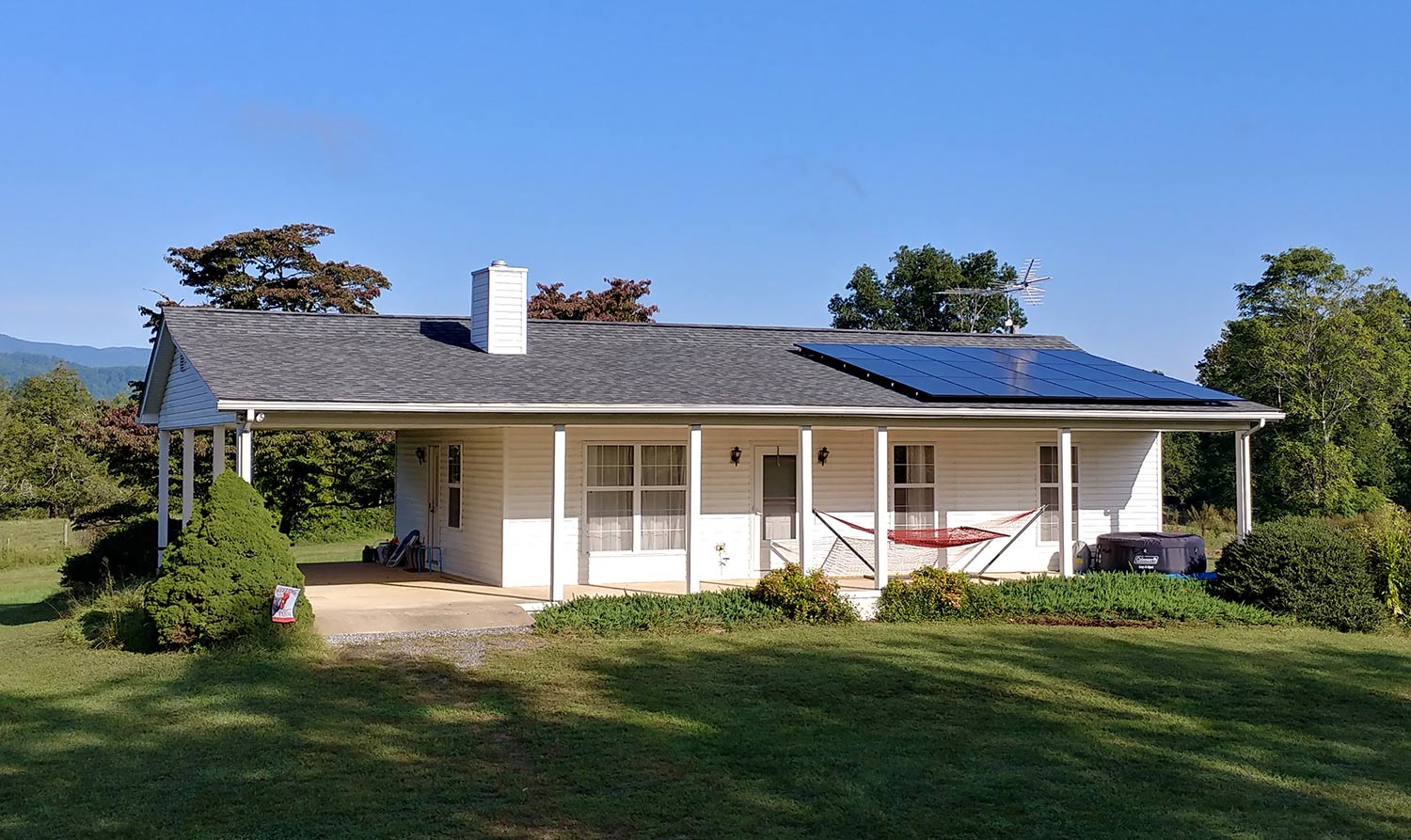Introduction
When shopping for solar, everyone wants to make the best investment they can. While higher efficiency solar panels may seem like the obvious choice, their cost can often outweigh the benefits. What really matters is the affordability of the energy generated by the solar panels.
What is solar panel efficiency?
Efficiency is a measure of how much sunlight a solar panel can convert into usable electricity under laboratory conditions. In a perfect world, higher efficiency would be better. However, since it is extremely expensive to get the highest-efficiency panels, it is often a much better value to focus more on the overall cost and size of the solar system.
The overall cost and size of the solar system play a crucial role in determining the affordability of the energy generated by the solar panels. The cost per watt of a solar system is a better indicator of its value than just its efficiency rating (referred to as $/W). A larger and “less efficient” solar system may be a better value than a smaller, higher efficiency system, since it typically is a lower investment for the same amount of energy (kWh). While it’s easy to associate “high efficiency” with “high quality”, this is typically just marketing hype. Most panels on the market are extremely reliable. They are built to the same hail and physical stress specs, and most have very similar warranties (see our article on choosing the right solar panel).
How does solar panel efficiency work over time?
It’s important to note that solar panels are a long-term investment. The average lifespan of a solar panel is around 25 to 30 years, and the energy produced by a solar system can provide significant savings on utility bills over that time. Since efficiency doesn’t translate to any savings or value on its own, we encourage homeowners to focus on the overall cost and size of the solar system. That way you can ensure that you get the most value for your investment.
While some companies making high-efficiency panels do advertise a lower rate of degradation on their warranty, these benefits are not always based on real-world testing, and may or may not add to the value of the more expensive panel.
In conclusion, while efficiency is important, it should not be the only factor to consider when choosing a solar panel or a solar system. By focusing on the overall cost and size of the solar system, you can ensure that you get the most affordable and valuable energy source for your home or business.

